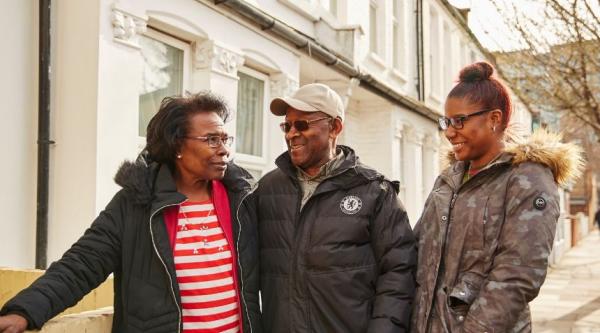
Advice
How do I support a person with dementia who has traumatic memories?
What you can do to help a person with dementia when they’re distressed about past events.
Question:
My uncle has dementia and has been getting distressed by memories of traumatic events from his childhood. What can I do to help him?
Answer:
When a person with dementia recalls events from earlier in their life, this could include memories that are traumatic.
Some people ‘time-shift’ – not only remembering but experiencing events as though they’re happening at that moment.
They might believe something that’s not true, such as thinking a person in their life now is someone else who did bad things to them in the past.
Be understanding
How to help the person depends on the individual and their situation.
This includes how old they were when the traumatic event happened, any ways they found to cope afterwards, and any therapy or counselling that they’ve had since.
As dementia progresses, the person will find it more difficult to respond to logic and rational persuasion. This means that trying to convince them they’re no longer in that situation isn’t likely to work.
In any case, strong emotions can override logic for all of us.
Redirect their thoughts
You might be able to help the person to focus on something else instead.
This could be as simple as switching on the radio or asking if they’d like something to drink.
Of course, it could be much more complicated than that.
Are there ways you can help them deal with particular emotions or physical sensations prompted by the memories?
For example, if they’re experiencing symptoms of a panic attack, there could be things to help that will be very individual to them. If you don’t know what these are, you may need to learn through trial and error.
Talking therapies
If possible, find out how the person has coped with traumatic memories when these have come up in the past. There may be ways to use or adapt these approaches now.
Counselling or talking therapies might also be useful to consider, though this depends on how well the person would be able to take part in these.
Another way to support them is to look for triggers for these memories. For example, are there specific songs or photos of particular relatives that remind them of traumatic events?
Avoiding these triggers could reduce how often these memories come up.
As a last resort, if the person continues to be upset and agitated, then medication may be an option. When other approaches aren’t working, treatment with medicines might help the person to feel more calm and less distressed.
Your questions
Do you have a question you’d like our experts to answer in a future article? Email [email protected]



Ronnie King
says